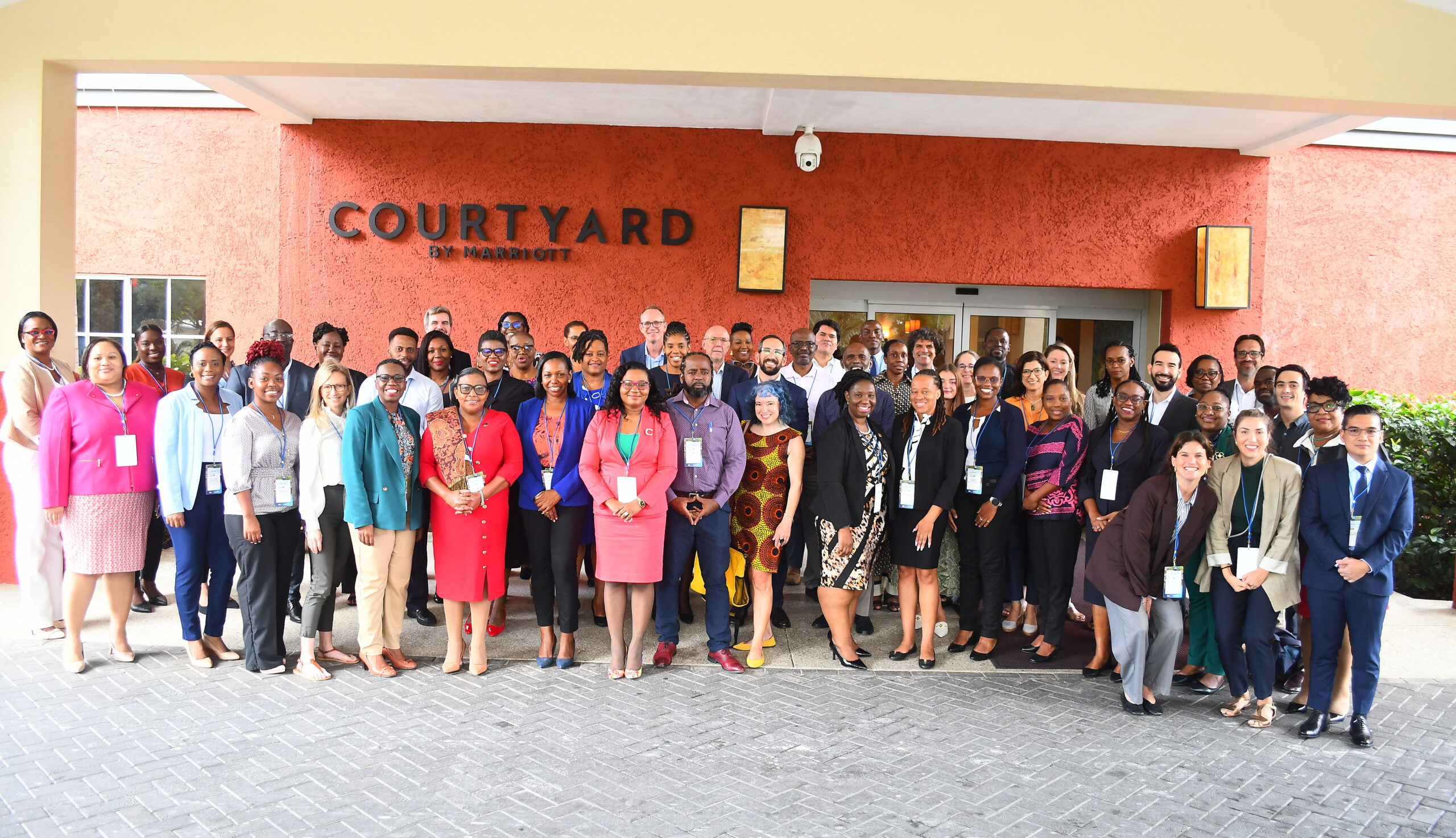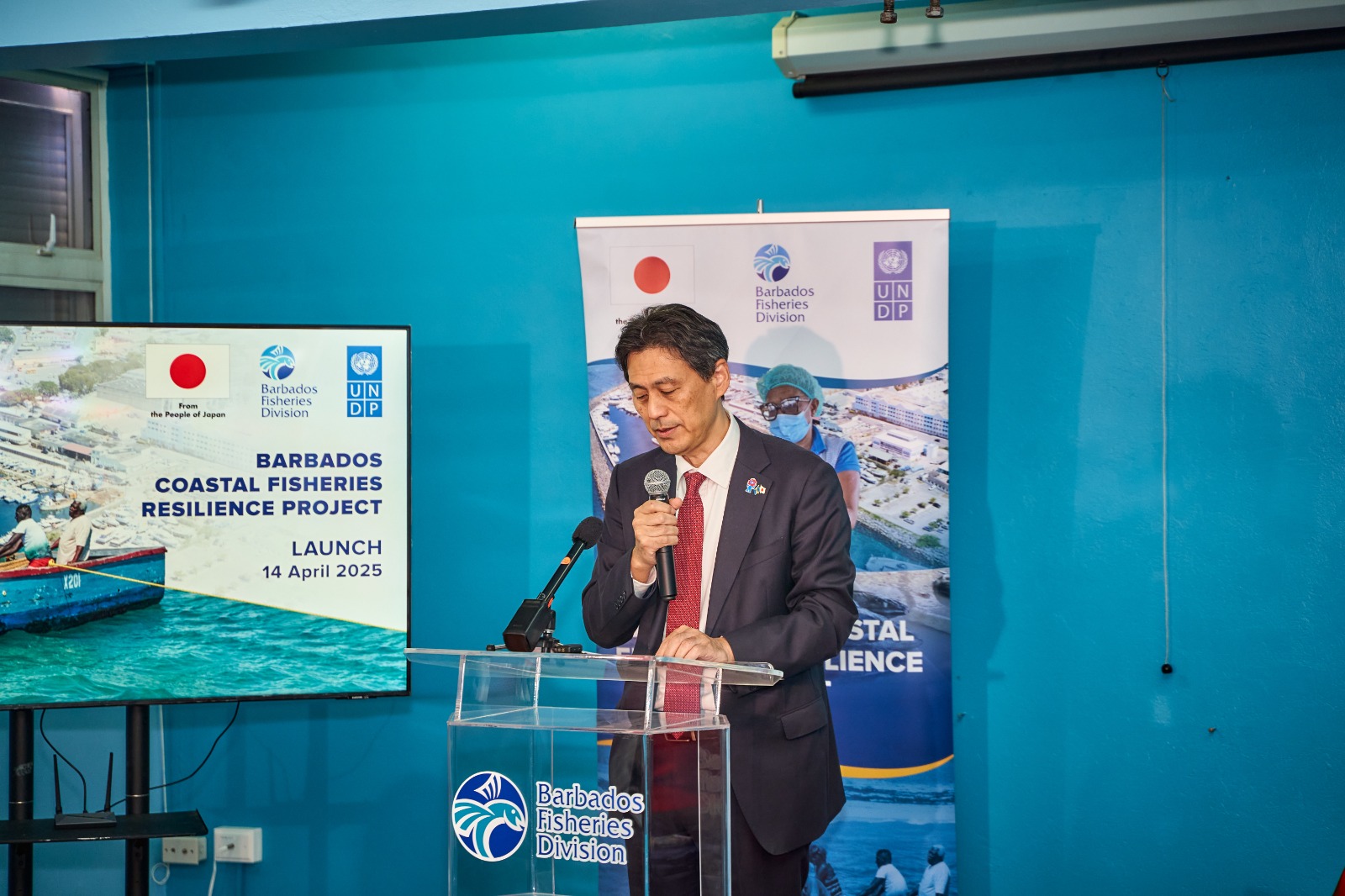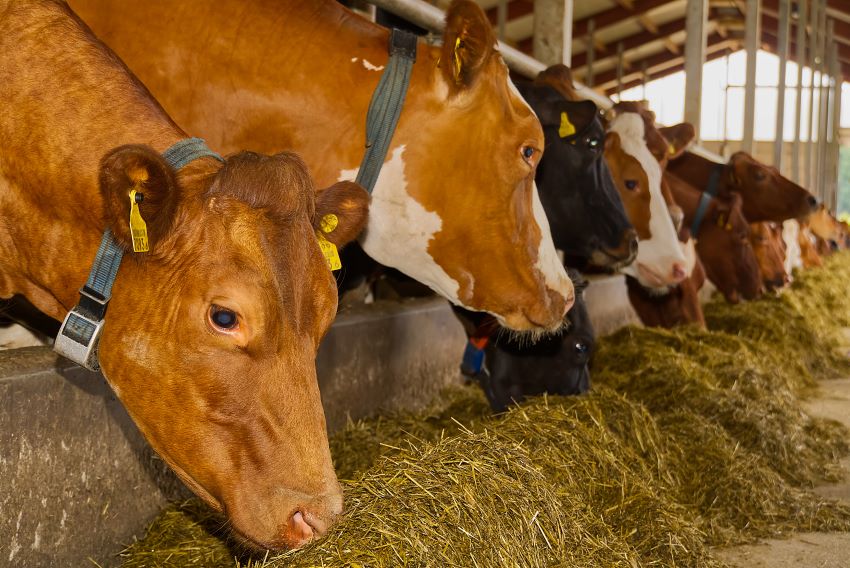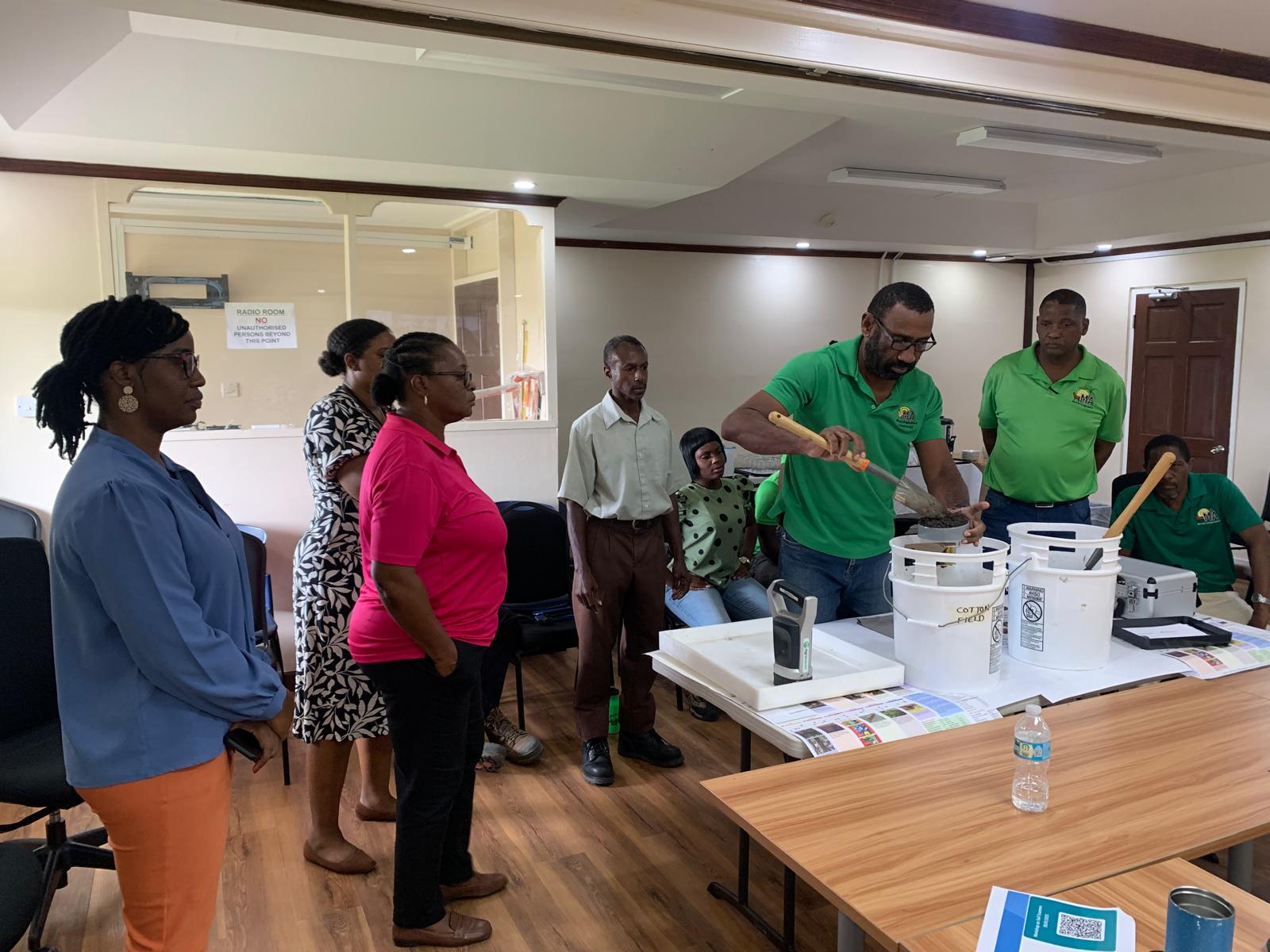Agriculture
FAO and UNICEF promote robust social protection systems for climate change adaptation

Agriculture
COASTAL FISHERIES RESILIENCE PROJECT LAUNCHED
Agriculture
Government Reaffirms Commitment To Dairy Industry Sustainability
Agriculture
FAO Introduces digital soil scanner to enhance agricultural practices in Barbados
-

 Local1 week ago
Local1 week agoThe Confucius Institute Successfully Hosts 24th International Chinese Bridge Competition
-

 International3 weeks ago
International3 weeks agoCHINA ANNOUNCES VISA FREE TRAVEL FOR SOME LATIN AMERICA & CARIBBEAN COUNTRIES
-

 Tourism2 weeks ago
Tourism2 weeks agoBarbados Wins Another Gold At Chelsea Flower Show
-

 Business3 weeks ago
Business3 weeks agoT&T students get first-hand info about Flow
-

 Sports1 week ago
Sports1 week agoBARBADIAN GOLFER EMILY ODWIN IN US WOMEN’S OPEN TODAY
-

 Government2 weeks ago
Government2 weeks agoAttorney-At-Law Sandra Rawlins Is New Public Counsel
-

 Local3 weeks ago
Local3 weeks agoChina will always stand by LAC countries as a good friend and a good partner
-

 International3 weeks ago
International3 weeks agoPresident Xi Jinping urges solidarity, deeper cooperation at China-CELAC meeting



























